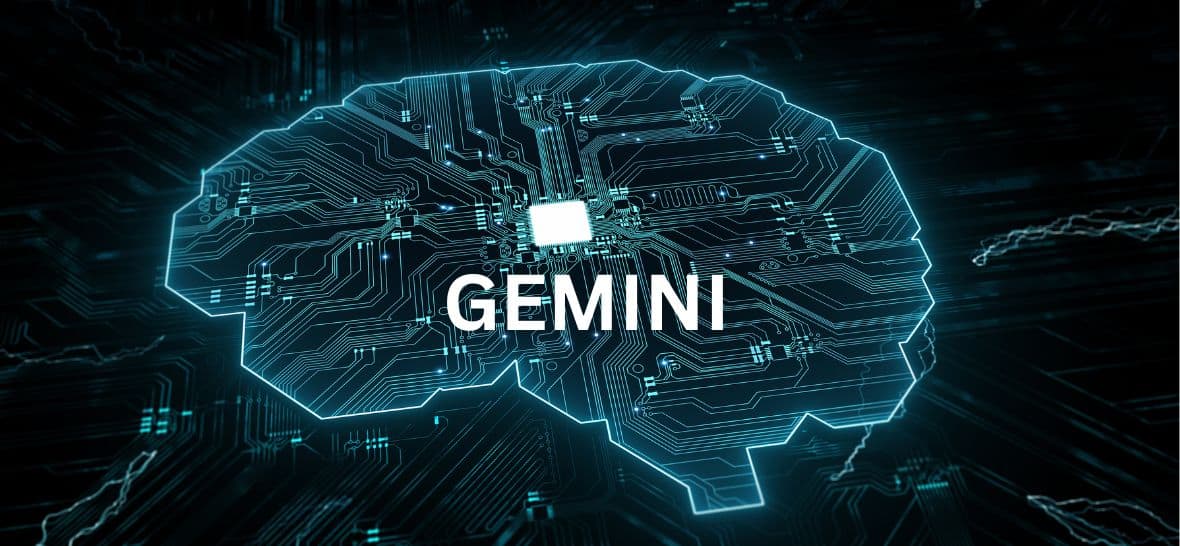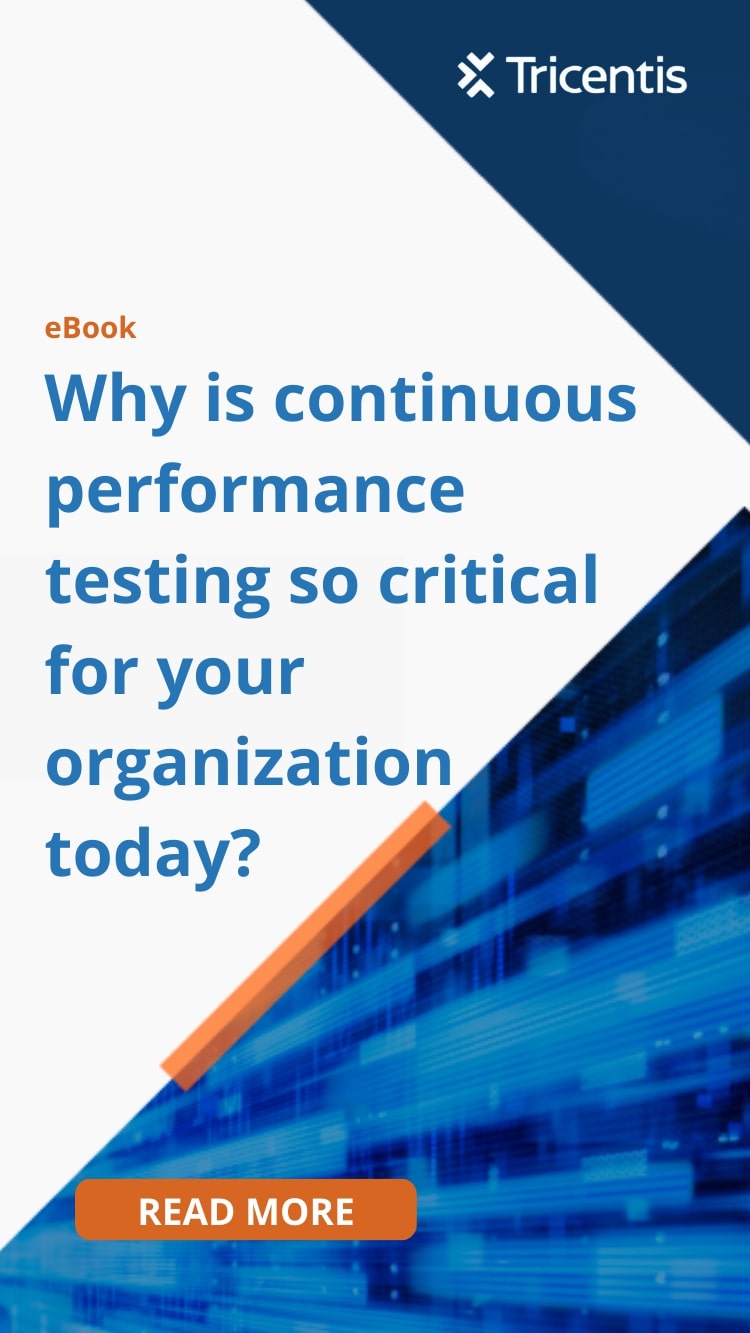Artificial Intelligence is ever-evolving.
The latest advancement occurred on December 6th, 2023, when Google launched Gemini.
What is Gemini?
The much-anticipated Gemini is a new set of large language models (LLM) from Alphabet’s Google Deepmind AI unit.
Gemini represents a landmark advancement in the AI space.
The model can understand nuanced language and tackle complex tasks. It can do the tasks done by first-generation generative AI tools, such as churning out creative text, writing scripts, generating music, and so on, in a much better and more refined way.
But Gemini also offers much more than language processing. The new model, built from the ground up as multimodal, can
- Understand and interpret visual information.
- Crunch different forms of information such as video, audio and text.
- Support sophisticated reasoning and understand information with greater nuance than existing AI models.
Gemini comes in three different models, each catering to specific needs:
- Gemini Ultra, the top model, can tackle very complex tasks. Legal or research teams can use the model to decipher intricate documents. Google will launch Bard Advanced, featuring the Ultra model, in early 2024.
- Gemini Pro is adept at handling a wide range of tasks across various domains. This model is closer to traditional tasks, such as writing code and debugging programs. It offers a big upgrade over the first-generation generative AI tools and delivers innovative solutions.
- Gemini Nano is a lightweight option for integration into existing devices and applications. This model is best suited for tasks such as scheduling appointments and summarising news articles. It can also compose very refined creative content. Google Pixel 8 Pro is the first smartphone running Gemini Nano. The smartphone comes with innovative features such as the ability to summarise recordings and smart reply options in WhatsApp,
Google will infuse Gemini into its search engine, though there is no timeline yet.
Why the excitement?
The buzz around Gemini is due to its unparalleled performance on the MMLU benchmark. The Massive Multitask Language Understanding (MMLU) benchmark comprehensively measures the capabilities of LLMs in world knowledge and problem-solving skills.
MMLU tests the model’s performance on 57 subjects, including physics, maths, law, history, and other domains. It assesses the LLM model’s ability in reading comprehension, logical reasoning, maths, problem-solving, natural language interface, text summarisation, and other tasks.
Gemini Ultra scored 90.0% and has become the first AI model to surpass human experts in the MMLU test.
Google claims that Gemini is the “most capable AI model yet.” The new Gemini-powered Bard can reason better than its rivals, including ChatGPT.
The potential use cases
Gemini is a significant leap forward in the evolution of AI. The model’s advanced capabilities unlock several possibilities beyond chatbots and virtual assistants.
Healthcare
Gemini has the potential to revolutionise healthcare. Gemini Pro could analyse medical images and data to identify diseases and make diagnoses faster and more accurate. Gemini Ultra will make personalised medicine commonplace. Targeted treatment plans based on a patient’s medical and genetic information will become viable. Gemini Nano powers virtual assistants for tasks such as appointments, and patient information.
Education
Another sector that Gemini will disrupt in a big way is education. Gemini Ultra will deliver custom plans based on individual learning styles and strengths. The custom curriculum could skip the portions the student already knows and highlight areas where the student is weak. Gemini Pro could power virtual tutors. It could adjust the difficulty levels or length of the session based on real-time feedback.
Gemini Nano will improve accessibility to education. Educators can apply the model to
- Translate educational materials to different languages,
- Provide audio descriptions for visual impaired students.
- Identify trends and refine teaching methods and approaches.
Creative industries
Gemini will have a big impact on the multimedia space, especially in video and movie creation. Gemini can assist with scriptwriting, generating dialogues, and churning original music pieces. It can also create special effects for movies and videos.
Generative AI already generates realistic artwork based on text descriptions. Gemini refines it to the next level to create high-quality visual art styles.
In product design, Gemini can analyse user data and trends to suggest innovative product ideas and optimise existing designs.

Scientific research
Gemini offers big prospects in scientific research. Gemini Ultra can analyse massive scientific datasets to identify deeper patterns. Creating realistic simulations of complex scientific phenomena could test theories and predict outcomes. Such insights can lead to groundbreaking discoveries and innovations. In many instances, data analysis and discovery limitations stifle scientific advancements. Gemini Pro could analyse existing research data to generate new hypotheses.
Finance
Generative AI tools have already found use in market analysis and stock recommendations. Gemini will bring more accuracy and potency to such analysis and make automated trading mainstream. It will also promote decentralised finance, and ease access to cryptocurrencies. Such innovations could challenge traditional investment instruments and institutions.
Law
The use of generative AI tools has not taken off in law compared to other disciplines. Generative AI tools such as ChatGPT hallucinate when dealing with law topics and churn out fake case laws.
Gemini will allow generative AI to enter the legal space in a big way. Gemini Pro can review legal documents, identify potential issues, and prepare legal arguments. Lawyers will find Gemini many times more effective than their most competent paralegal.
The possibilities are endless and limited only by imagination.
The road ahead
Google Gemini offers a glimpse into a future where AI will augment human capabilities in day-to-day lives. But ethical concern and other challenges associated with Generative AI remains. Gemini could be the tipping point where technology eclipses human intelligence. The implications include job losses by the millions. 61% of employees willingly use generative AI at work, but most of them lack data security skills. When such workers rely on tools such as Gemini, the risk of amplified misinformation is higher. There is also a worst-case scenario of the model spreading destruction, for instance by triggering nuclear weapons as a solution to war is also a possible threat.
Google claims to have trained the technology to avoid bias and think before answering difficult questions. The success and viability of Gemini will depend on how such claims work out in the real-world environment.
Gemini is not the end of the AI road either. Google is already seeking to improve on Gemini’s capabilities. Next on the block is combining the LLM with other AI techniques and emerging technologies.
There are exciting days ahead in the generative AI space. Enterprises adopting Gemini early can get a head start and gain valuable competitive advantage.












